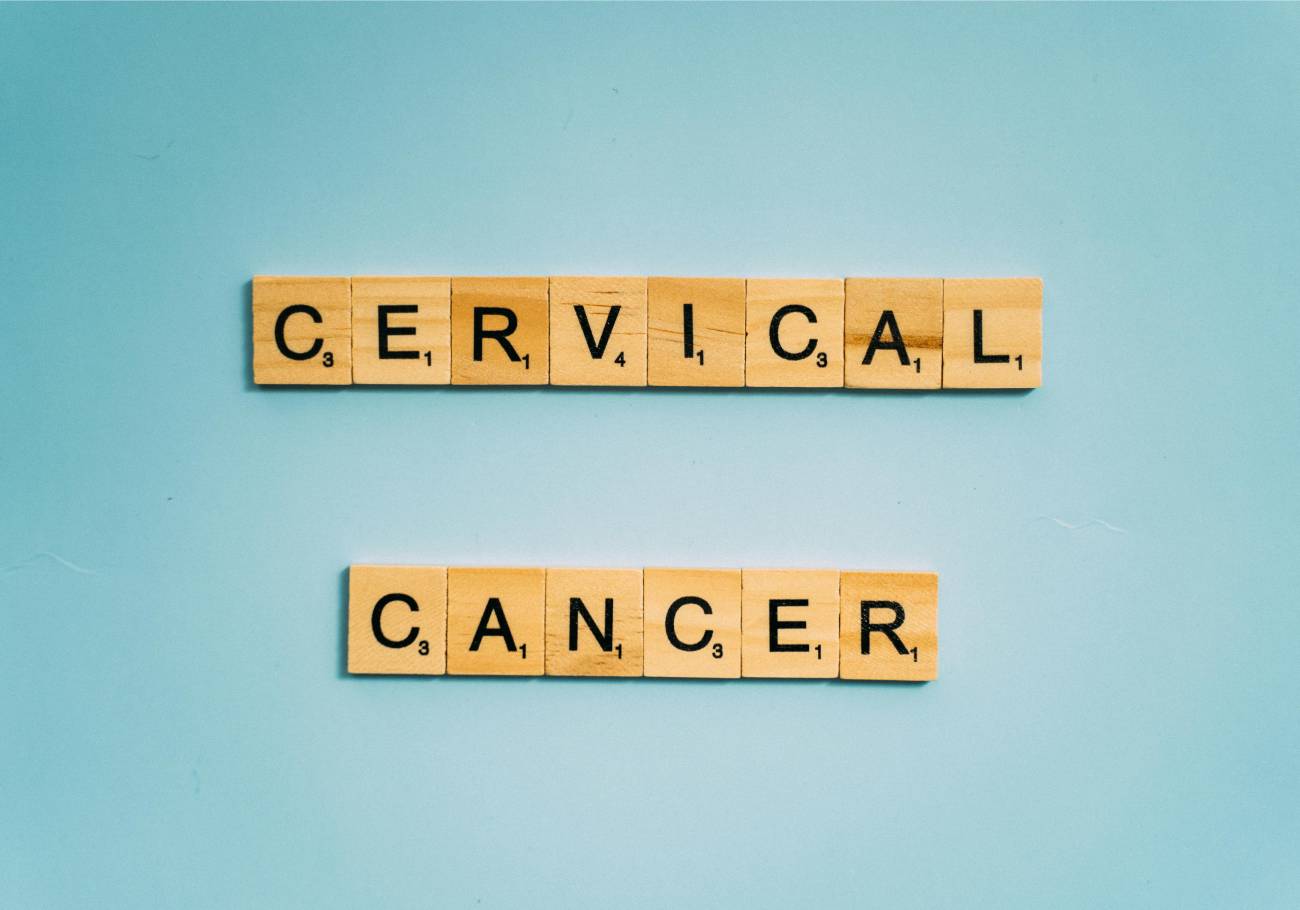
Cervical cancer remains a pressing health issue worldwide, with over 660,000 women diagnosed each year. In Malaysia alone, 1,740 women face this devastating disease annually.
Despite its prevalence, cervical cancer is preventable. With Cervical Cancer Awareness Month upon us, now is the time to spotlight the lifesaving benefits of the Human Papillomavirus (HPV) vaccine.
This breakthrough has revolutionised prevention, offering a powerful tool to reduce the global burden of cervical cancer.
Dr Nur Adila Mokhtar, Consultant Clinical Oncologist at OncoCare Cancer Centre Malaysia, asserts, “The HPV vaccine is transforming women’s health by significantly reducing cervical cancer risks and protecting future generations.”
The link between HPV and Cervical Cancer

Human Papillomavirus (HPV) is the primary cause of cervical cancer, with types 16 and 18 responsible for 70% of cases.
This virus is highly common—most sexually active individuals will contract it at some point.
While many infections clear up naturally, high-risk strains can persist, leading to abnormal cell changes and eventually cancer.
“Understanding the connection between HPV and cervical cancer allows us to intervene early with strategies like vaccination,” says Dr Nur Adila.
Preventing HPV infections before they occur significantly reduces the likelihood of developing cervical cancer later in life.
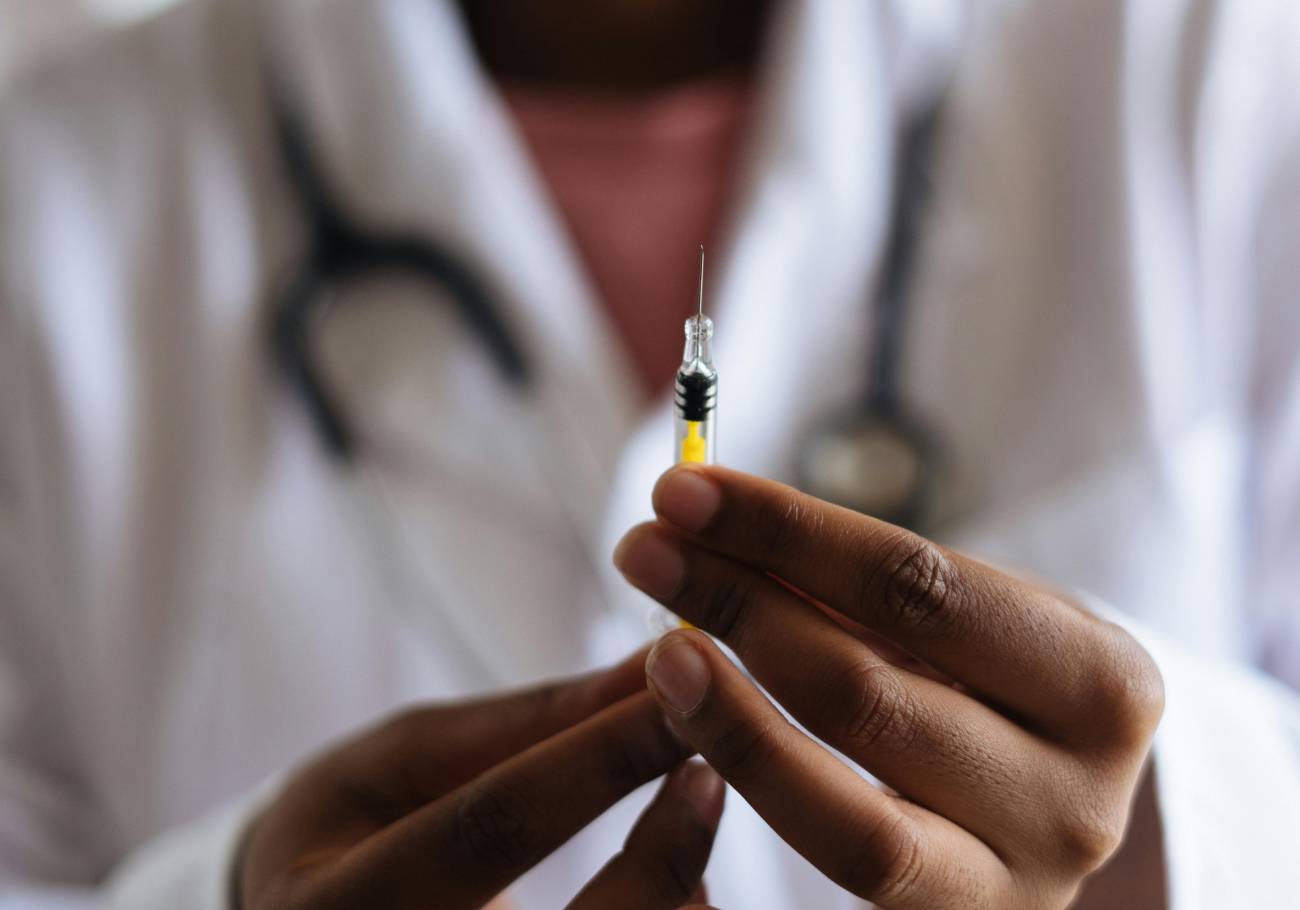
The HPV vaccine is most effective when administered before exposure to the virus, typically between the ages of 11 and 12.
“At this age, the immune system responds robustly, ensuring long-lasting protection,” explains Dr Nur Adila.
Vaccination remains beneficial up to age 26 and can even provide some protection for adults aged 27 to 45, depending on prior exposure to HPV.
This vaccine not only reduces cervical cancer rates by up to 90% but also offers protection against other HPV-related cancers, such as vaginal and vulvar cancers.
Dr Nur Adila highlights its importance: “Vaccination is a cornerstone of cervical cancer prevention. Combined with regular screening, it offers a comprehensive defence.”
Screening: An essential partner to vaccination
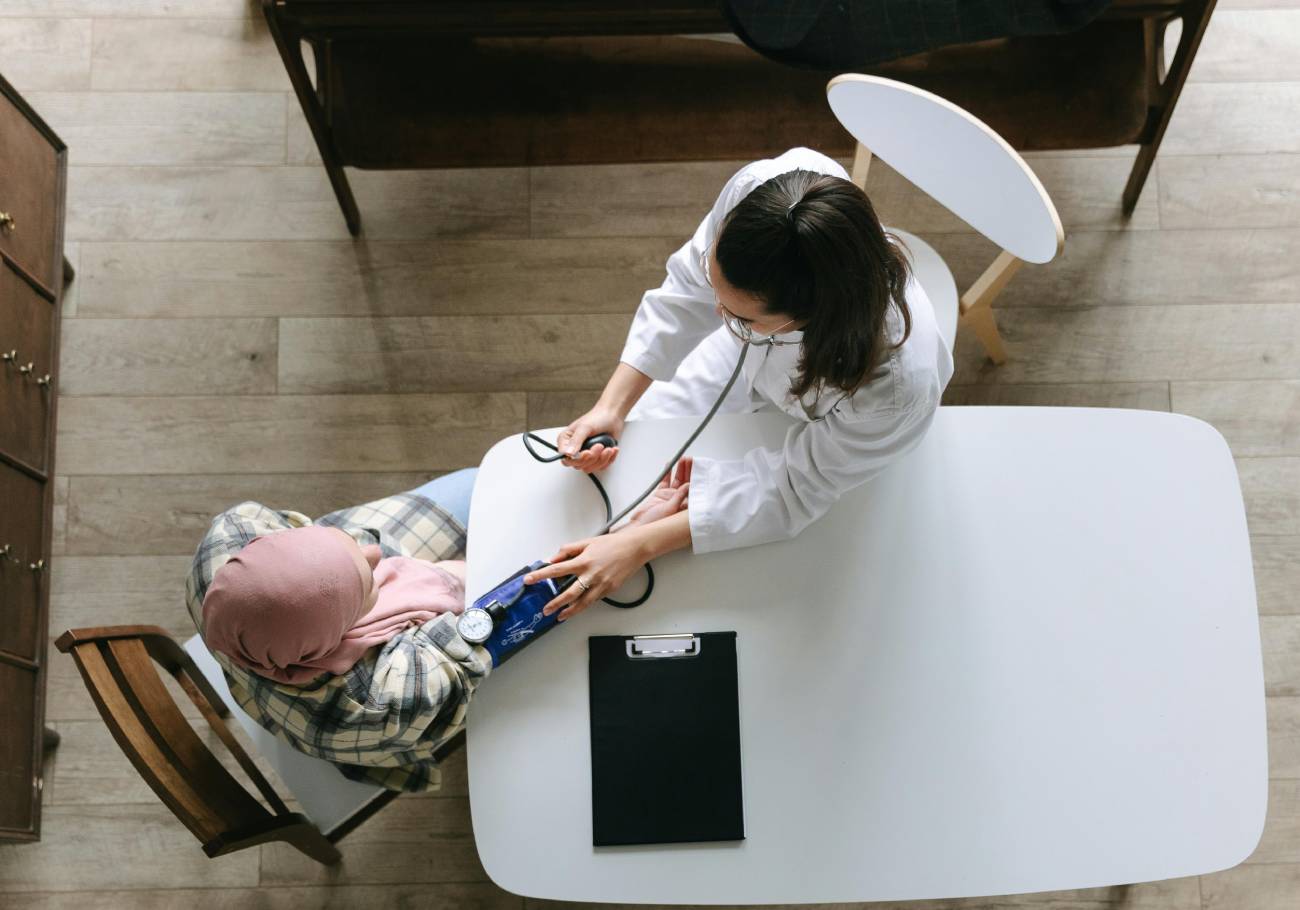
While the HPV vaccine is a powerful preventive measure, regular cervical cancer screening is equally crucial.
Women aged 21 and above should begin screenings with Pap smears every three years.
From age 30, combining Pap smears with HPV testing provides even greater accuracy in detecting abnormal cell changes.
“Vaccination and screening work hand in hand,” Dr Nur Adila stresses. “While the vaccine prevents initial infections, screenings detect early signs of trouble, allowing for timely intervention.”
Recognising symptoms, such as abnormal bleeding, unusual vaginal discharge, or pelvic pain, is also vital. Early detection significantly improves treatment outcomes.
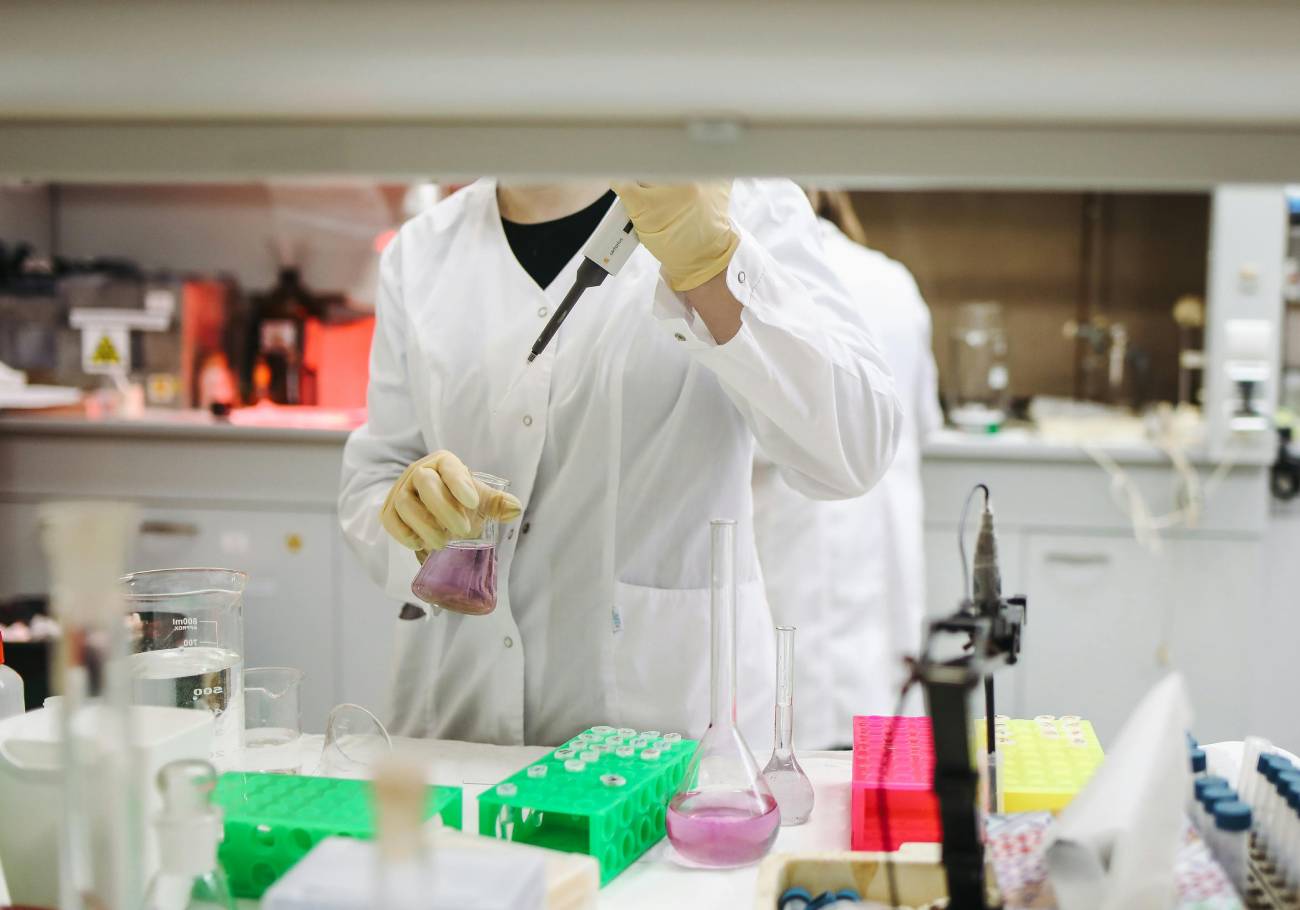
Despite its proven effectiveness, myths about the HPV vaccine persist. Dr Nur Adila debunks common misconceptions:
- “The vaccine is only for young people.”
While early vaccination is ideal, individuals up to age 45 can still benefit, especially if they haven’t been exposed to all high-risk HPV strains. - “The vaccine doesn’t cover all HPV types.”
True, but it protects against the most dangerous strains, including types 16 and 18, which cause most cervical cancers. - “It has severe side effects.”
Side effects are usually mild, such as soreness or slight fever. Serious complications are extremely rare, making the benefits far outweigh the risks. - “Pap smears alone are enough.”
Pap smears detect precancerous changes, but the vaccine prevents the virus from causing those changes in the first place.
Ongoing advancements in cervical cancer prevention focus on expanding vaccine coverage and improving accessibility.
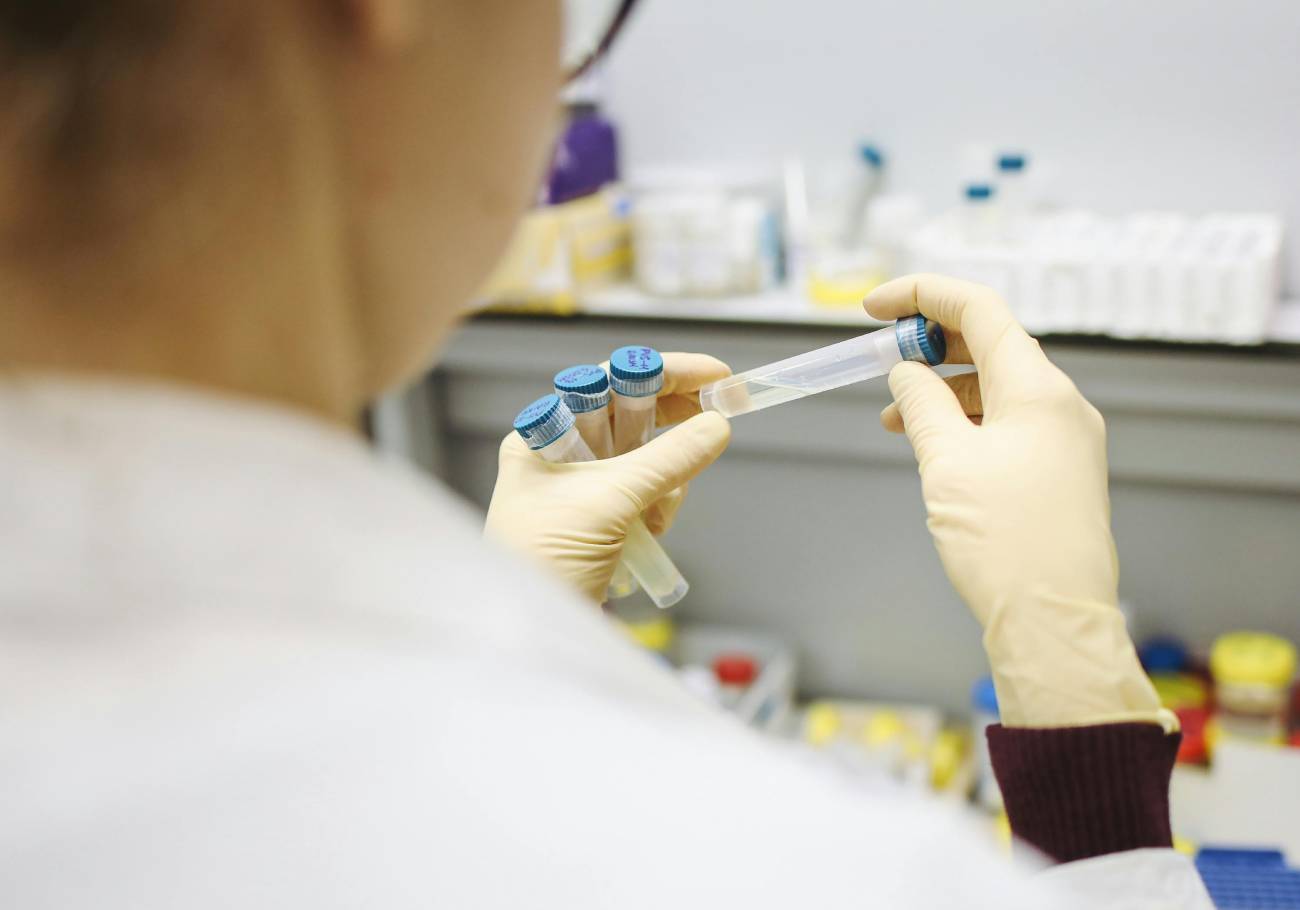
New vaccines, like the 9-valent Gardasil 9, protect against a broader range of HPV strains.
Self-collection HPV testing kits and liquid-based cytology are making screenings more comfortable and accessible, especially for underserved communities.
“Therapeutic vaccines and genetic biomarkers are also promising tools for personalised prevention,” shares Dr Nur Adila. These innovations could further reduce cervical cancer rates globally.
Preventing cervical cancer starts with awareness and action. The HPV vaccine offers a crucial defence, especially when combined with regular screenings and healthy habits.
Dr Nur Adila advises, “Attend gynaecological check-ups, practise safe sex, avoid smoking, and manage underlying health conditions to minimise your risk.”
If you haven’t vaccinated yourself or your child, now is the time. Encourage your loved ones to prioritise their health too.
Together, we can protect future generations and bring an end to cervical cancer.
For more information, visit OncoCare Cancer Centre.











